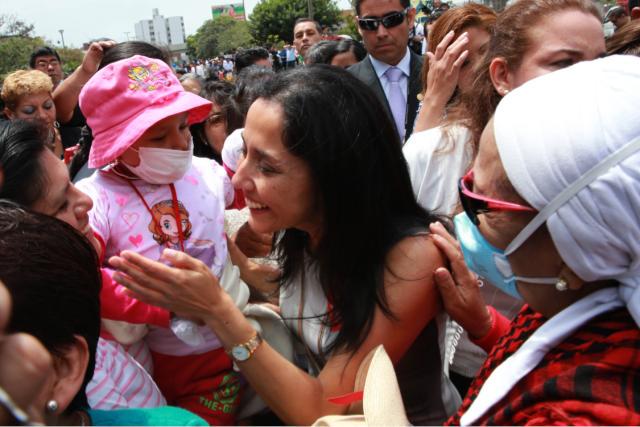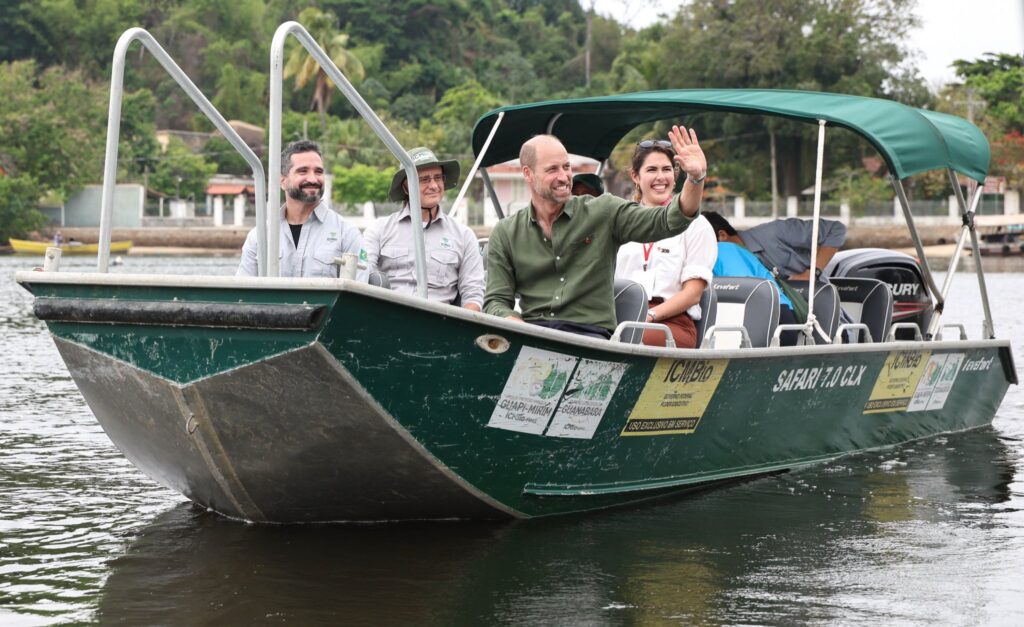Brazil is a country with outstanding technological potential for United States companies looking to expand their innovative, international talent.
Its significant economic growth over the past decade, increasingly tech savvy workforce, proximity to the US, and its touristic charm, make it a great option for US firms looking to expand their remote workforce or support their onshore operations.
Brazil Reports spoke to Pablo Miller, CEO and founder of Remoti, an end-to-end platform for hiring remote talent, about Brazil and best practices for US companies hiring remote teams in Latin America and beyond.
Given the high concentration of emerging tech talent, Miller said that “many experts have even compared [Brazil] as ‘the second Silicon Valley.’”
The country is home to over 12,000 startups and ranks 12th worldwide in the Information Technology (IT) market, accounting for a staggering 36.5% of the overall Latin American IT market share.
Brazil is particularly strong in the fintech and agriculture (agtech) sectors and has a budding artificial intelligence (AI) sector, which is expected to grow over 30% annually, according to the US Department of Commerce.

The talent pool in the country of 214 million people is vast. It is estimated that there are over 630,000 software engineers working in the IT services sector and 133,000 specializing in software development in Brazil.
The country also counts resources for companies operating outside of its borders to tap its talent. “There’s a presence of multiple recruiters in Brazil that facilitate hiring of tech talent,” said Miller.
What these talent recruiters can do is help simplify the hiring process. In the case of Remoti, says Miller, the platform can take it a step further. Remoti not only helps companies recruit talent abroad, but they also help streamline payroll solutions for remote workers and provide data solutions to help companies make informed HR decisions.
The decision to hire remote often is made by weighing cost-benefits. However, following the pandemic, the transition to remote teams has become more commonplace.
According to payscale data collated by Remoti, software developers in the US take home an average of USD $7,360 per month, while software developers in Latin America take home just above $1,695.
Remote workers can provide cost savings for companies in any sector, said Miller. And having a recruiting partner on your team is essential for companies to navigate the complex global hiring process.
The right recruiting partner can help organizations build a flexible, remote workforce, avoiding the headaches involved with disjointed practices often found in organizations that use traditional hiring practices.
Remoti works in over 90 countries across five continents. For more information on hiring in Brazil or Latin America, you can visit: www.remoti.io/company-contact
Disclosure: This article mentions a client of an Espacio portfolio company.









